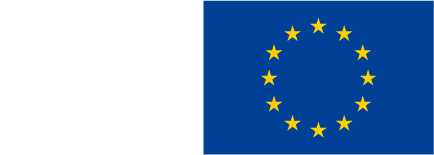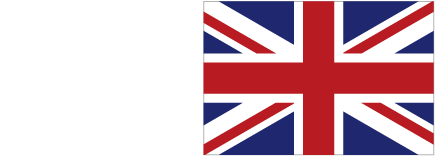Global regulations and safety standards for devices such as industrial machinery and measuring instruments are prepared by industry bodies in each region. These include the International Electrotechnical Commission (IEC), which implements international standardization in the European Union (EU) in the fields of electrical and electronic engineering, and the International Organization for Standardization (ISO), which conducts international standardization in fields other than electrics and electronics, such as machinery and management.
Recent years have seen a trend in which countries with their own safety standards, mandated by national certification systems, are conforming them to ISO/IEC standards. Conversely, in North America, individual states, provinces and other jurisdictions impose their own requirements for machinery and general equipment, even though certification is not mandated at the federal level.
TOKIONE selects the standards to apply to customers’ products based on the laws and regulations of each country and provides seamless support, from design evaluation and conformity evaluation to testing and preparation of necessary documentation.
CE logo (EU) and UKCA logo (UK)
When products are exported from one EU country to another, and those products satisfy safety standards mandated by EU directives, they can be released into the market bearing the CE logo. To mark their products with the CE logo, producers must select a standard to conform to according to the EU directive corresponding to the product (Machinery Regulation/Machinery Directive, Low Voltage Directive, EMC Directive, etc.) and evaluate the products’ conformity based on the selected standard. In the UK, products for export must display the UKCA logo.
TOKIONE conducts the conformity evaluation and testing required by EU directives and prepares the technical files required as evidence for a declaration of conformity.
Note: At the time of writing, the grace period, during which CE markings are still accepted in the UK market, has been extended.

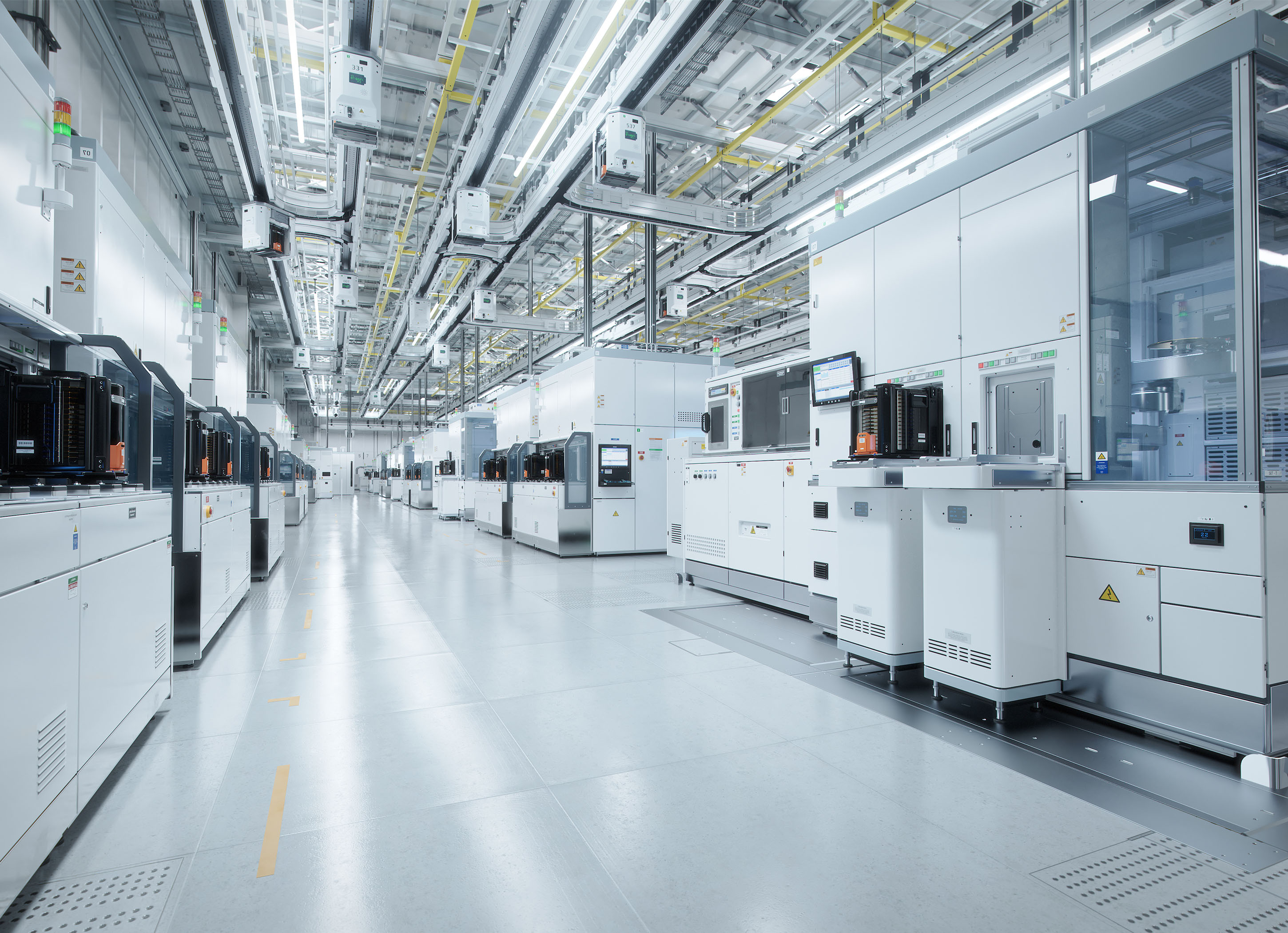
SEMI
The Semiconductor Equipment and Materials International (SEMI) Standards are a set of guidelines for equipment used to manufacture semiconductors and flat-panel displays. In the relevant Industries, the use of these guidelines is standard when designing and manufacturing production equipment and peripheral devices.
Among the SEMI-based services TOKIONE can provide are conformity evaluation and testing in response to requests for SEMI S2 (safety requirements), SEMI S8 (human engineering), electrical testing based on SEMI S22 and tracer-gas testing based on SEMI S6. In addition, TOKIONE can conduct voltage-sag testing based on SEMI F47 and energy-consumption testing based on SEMI S23.
Field Evaluation for North America
In the United States, the Occupational Health & Safety Administration is formally responsible for enforcement of the Occupational Safety and Health Act of 1970. In practice, however, authority over regulation and certification of electrical products and the manufacturing environment is delegated to the state and municipal levels, meaning that the approval of the local authority having jurisdiction (AHJ) must be sought. State and municipal regulations are based on criteria and standards established by non-profit organizations such as the National Fire Protection Association (NFPA) and private enterprises such as Underwriters Laboratories Limited Liability Company (UL). For large equipment such as semiconductor manufacturing equipment and industrial machinery, a field evaluation by a field evaluation board (FEB) is required.
TOKIONE performs preliminary evaluation and testing in Japan before products are shipped and works with related local FEBs to provide the necessary support, up to and including labeling. For custom components that do not have NRTL certification (variously called “listing” or “recognition”), TOKIONE offers a service by which a Letter of Attestation (LoA) can be obtained from a partner nationally recognized testing laboratory (NRTL).
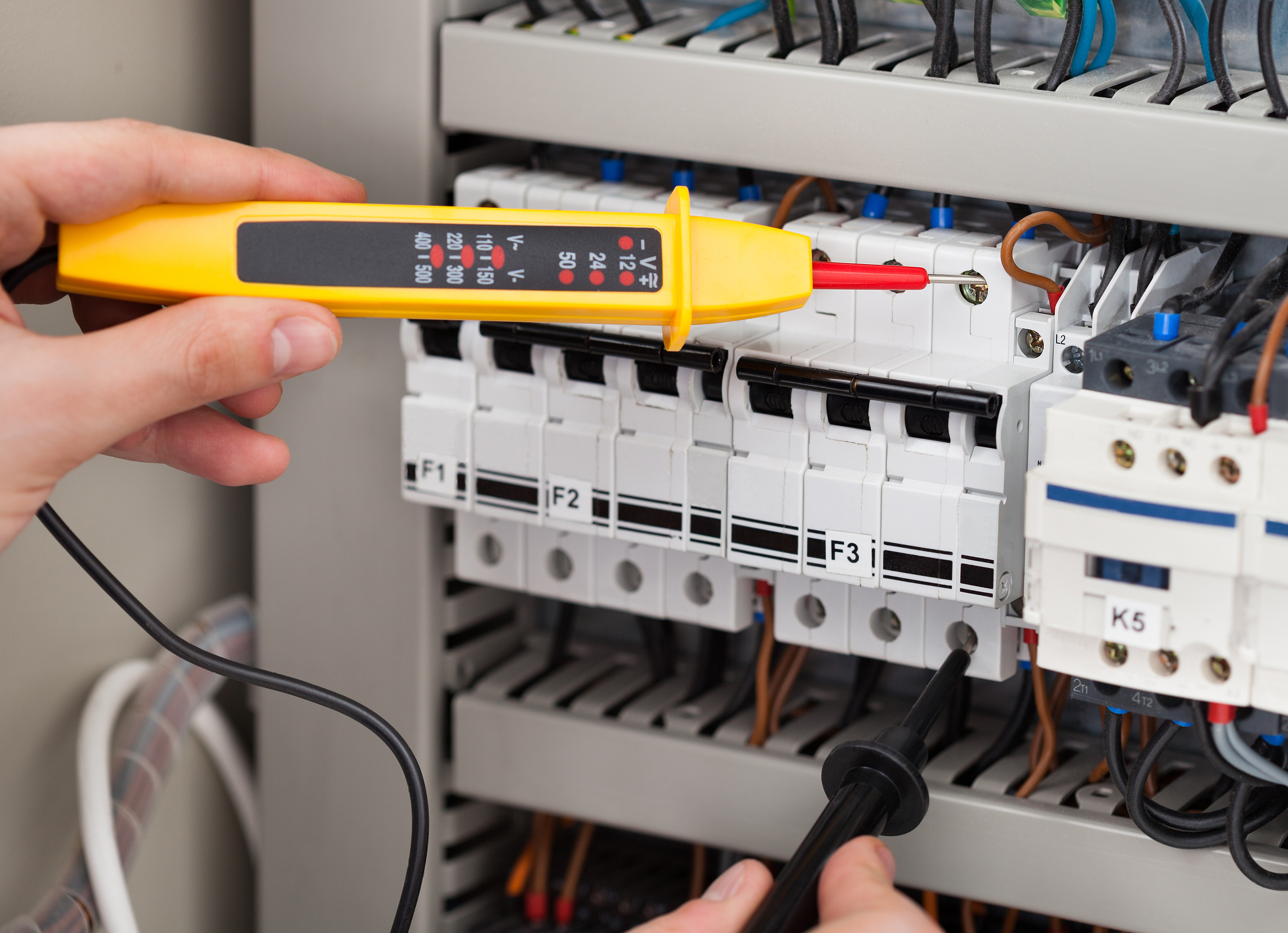
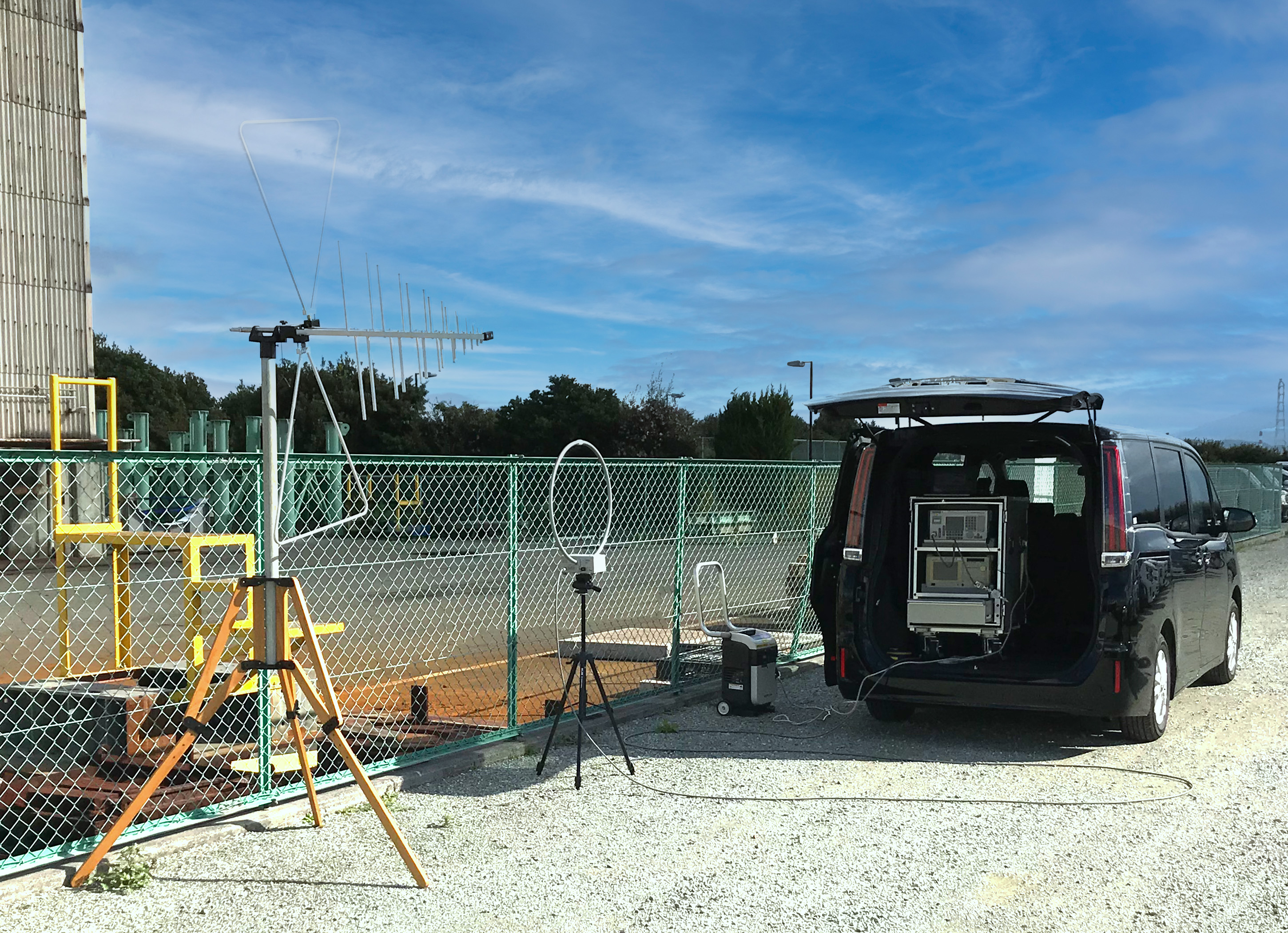
Wireless Telegraphy Act (Japan)
In Japan, operators who wish to install communication equipment carrying high-frequency currents of 10kHz or more must obtain certification and permission under the Wireless Telegraphy Act (Equipment Using High Frequencies).
TOKIONE conducts conformity evaluation and testing of “electrical products other than specified electrical products” and prepares reports on the results.
PSE Markings and the Electrical Appliance and Material Safety Act (Japan)
In Japan, electrical products regulated under the Electrical Appliance and Material Safety Act must carry a label with the Power Source Equipment (PSE) logo. TOKIONE conducts conformity evaluation and testing of “electrical products other than specified electrical products” and prepares reports on the results.
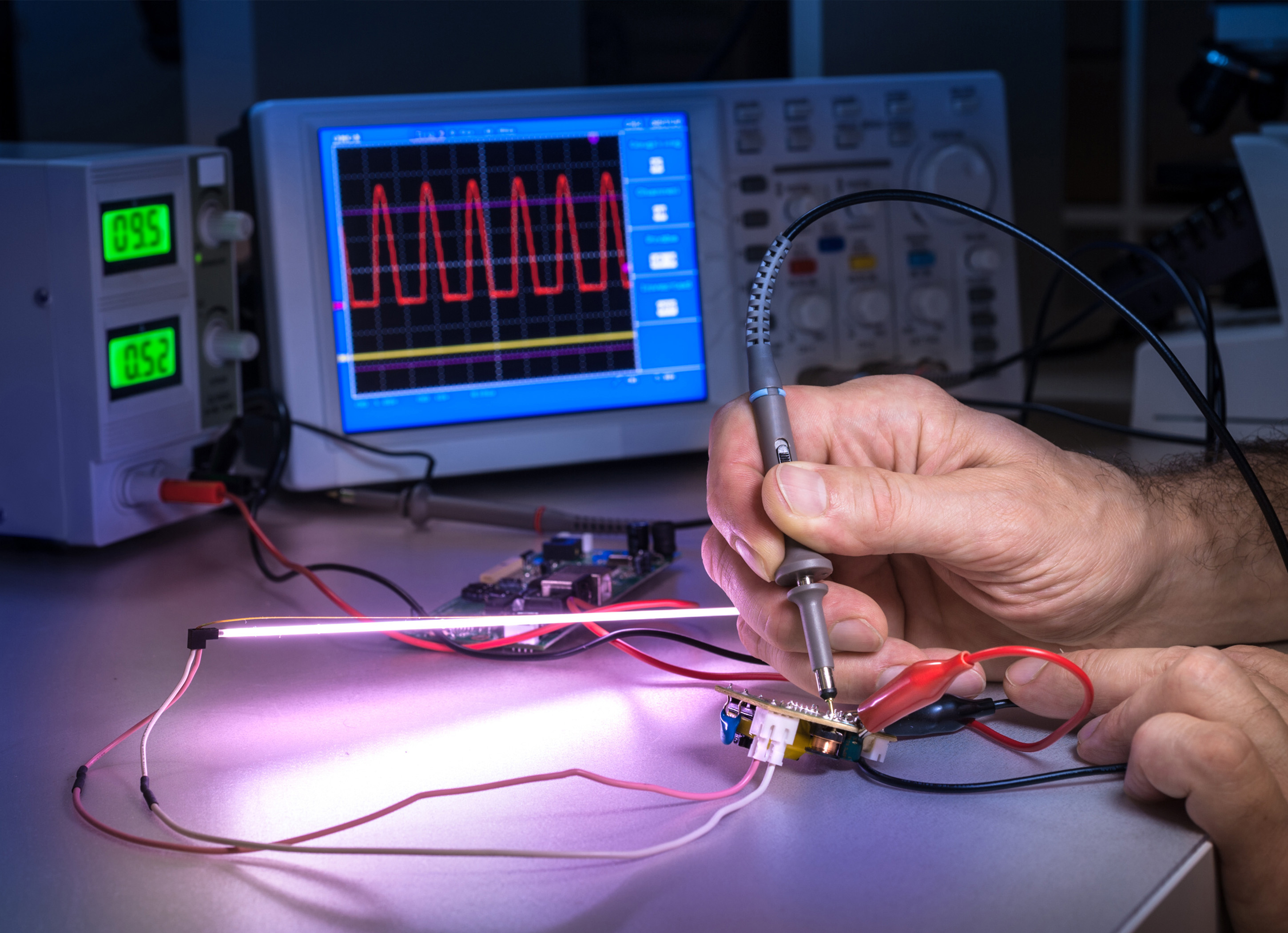
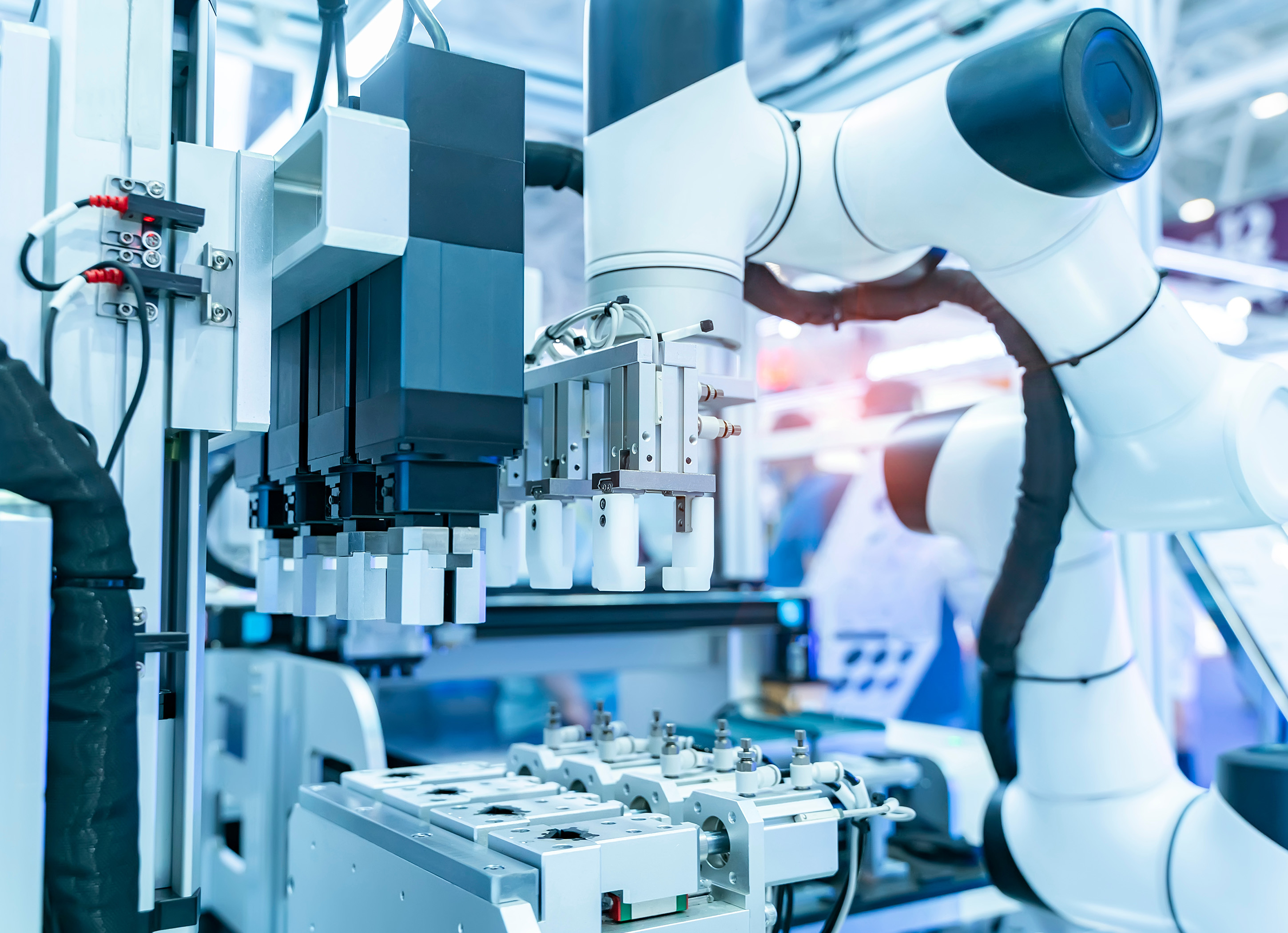
KC/KCs Logo (South Korea)
The Republic of Korea (South Korea) has mandatory certification and registration systems called, respectively, KC and KCs. The KC logo applies to products ranging from those used by general consumers to industrial machinery. These products are variously subject to KC Safety Certification (conformity certification), KC Safety Confirmation (conformity registration) or Supplier Confirmation of Conformity (conformity registration by the manufacturer), depending on the product category. Supplier Confirmation of Conformity can be submitted if conformity with the EMC standard applicable to the product in question can be proven. In contrast, KC Safety Certification and KC Safety Confirmation require testing by a risk-and-reliability analysis laboratory in South Korea.
The KCs logo applies to industrial machinery and tools as well as safety equipment and protective gear. KC certification is subdivided into safety certification (mandatory certification by the Korea Occupational Safety & Health Agency (KOSHA)) and submission of independent safety confirmation (a system by which results of product safety testing are submitted to and approved by KOSHA).
TOKIONE provides conformity evaluation and testing as well as agency services for submission of registration requests.


